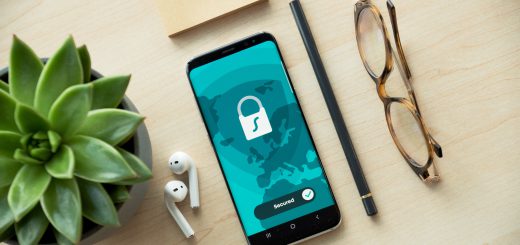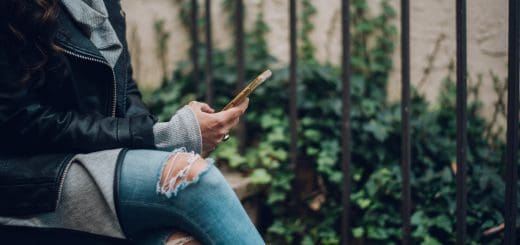Relationships and Social Media
Social media is pervasive in most of our lives. This is especially true for teenagers and young adults, who are the first generation to spend their formative years online. Online access and connection is unarguably beneficial for many people, but it can also have negative consequences for mental health.
As a young adult who works with adolescents, I have become increasingly aware of a tendency between relationship partners to share all of their social media logins or require daily checks of each others’ phones. This is done in an attempt to make sure that a partner isn’t cheating. Sometimes, it is to make sure that a partner isn’t even speaking to other people of the gender(s) that partner is attracted to. This behavior is now considered normal or expected among some groups of young people.
 One teenager explained to me that she and her boyfriend look through each others’ social media every day because they want to have an honest, trusting relationship. However, this need to check each others’ social media actually stems from a lack of trust. If two people truly trust each other, they shouldn’t feel the constant worry that their partner is cheating. This expression of distrust created an air of anxiety surrounding the relationship. This teenager feared that she might get in trouble with her boyfriend if a male friend texted her. Often, she argued with her boyfriend when either of them misinterpreted messages that were truly innocent.
One teenager explained to me that she and her boyfriend look through each others’ social media every day because they want to have an honest, trusting relationship. However, this need to check each others’ social media actually stems from a lack of trust. If two people truly trust each other, they shouldn’t feel the constant worry that their partner is cheating. This expression of distrust created an air of anxiety surrounding the relationship. This teenager feared that she might get in trouble with her boyfriend if a male friend texted her. Often, she argued with her boyfriend when either of them misinterpreted messages that were truly innocent.
Another way this can be detrimental to mental health is that password and phone sharing may unintentionally block a partner’s access to their support system. People often go to their partners for help with mental  health, but this may not be appropriate if the relationship is relatively new or the issue is related to the relationship itself. In those times, it is important to access a supportive friend or family member. Mental health troubles can strike at times when it isn’t possible to connect with someone face-to-face. Additionally, some people find it easier to discuss difficult topics when typing as opposed to speaking. In these times, it is helpful to process experiences with or seek advice from friends or family over social media.
health, but this may not be appropriate if the relationship is relatively new or the issue is related to the relationship itself. In those times, it is important to access a supportive friend or family member. Mental health troubles can strike at times when it isn’t possible to connect with someone face-to-face. Additionally, some people find it easier to discuss difficult topics when typing as opposed to speaking. In these times, it is helpful to process experiences with or seek advice from friends or family over social media.
One major anxiety trigger for me personally is problems within my relationship. In those times, I often turn to one of my friends who is non-judgmental, fair (to both myself and my partner), and would never repeat anything we spoke about. In my opinion, seeking support in this way is n ot unfaithful to my partner, nor is it gossiping. It is a healthy way of processing my thoughts and emotions and seeking an outside opinion. My partner and I respect each other by understanding that we both need to maintain some degree of privacy and support systems external to our relationship. I know that if my partner was able to log in to any of my accounts at any time, I would be much less willing to seek the support I need from this close friend.
ot unfaithful to my partner, nor is it gossiping. It is a healthy way of processing my thoughts and emotions and seeking an outside opinion. My partner and I respect each other by understanding that we both need to maintain some degree of privacy and support systems external to our relationship. I know that if my partner was able to log in to any of my accounts at any time, I would be much less willing to seek the support I need from this close friend.
In the end, everyone’s relationship is different, and it is up to each couple to determine how they operate. However, it is important for young people to know that sharing passwords and phones should not automatically be expected. Everyone has the right to set boundaries around their own social media use and the aspects of their lives that they want to keep private. To some, having digital space that is uniquely their own, in which they can express themselves freely, can be essential for maintaining good mental health.
Do you and your partner have access to each other’s social media and phone if you’re in a relationship? Have you had access in previous relationships? Do you think this is necessary? Share your experiences and thoughts below!



Recent Comments